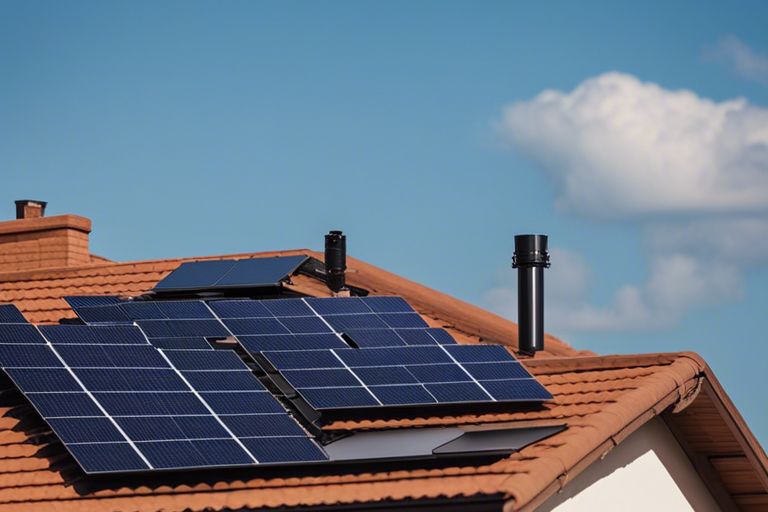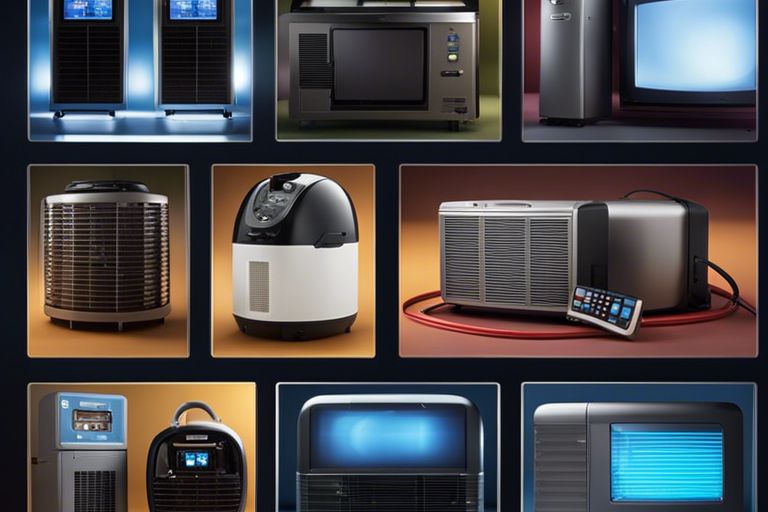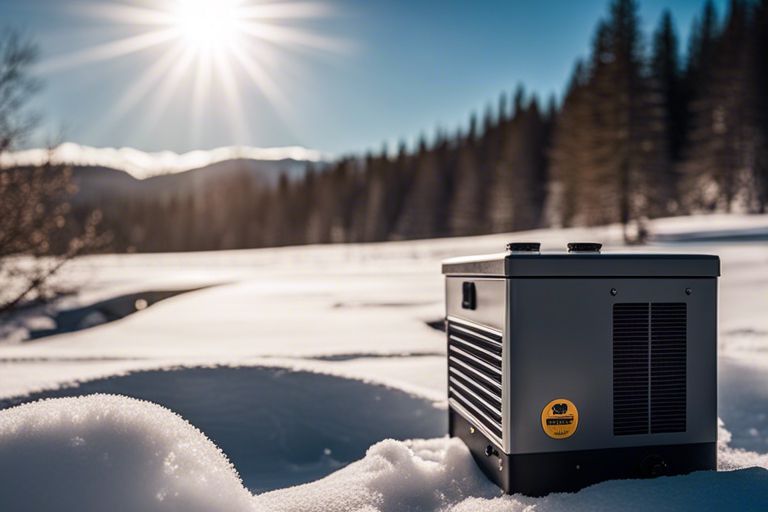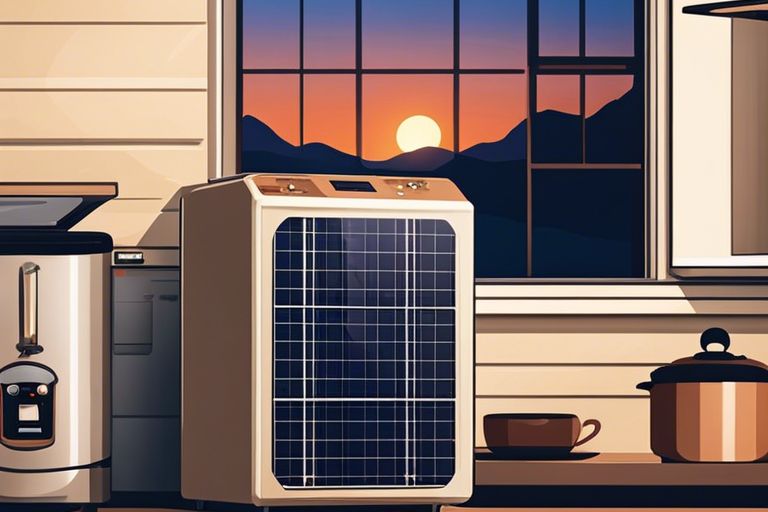Can a solar generator run a house
It’s time to explore whether a solar generator can efficiently power your house. Here’s everything you need to know about how a solar generator works, what appliances it can run,
Energy for A Greener Future
Solar generator

It’s time to explore whether a solar generator can efficiently power your house. Here’s everything you need to know about how a solar generator works, what appliances it can run,

Plugin your solar generator and let it soak up the sun’s energy – a smart move for sustainable power. But is it okay to leave it plugged in all the

Most commonly, a 10000 watt generator will power crucial household appliances such as refrigerators, air conditioners, sump pumps, lights, and even your television and computer during a power outage. These

Just like the shifting seasons in the cosmos, the performance of solar generators can vary during winter. As the Earth leans away from the sun, you may wonder how well

You find yourself curious about the capabilities of a 1000 watt solar generator – a remarkable tool harnessing the power of the sun. Much like a resourceful creature adapting to